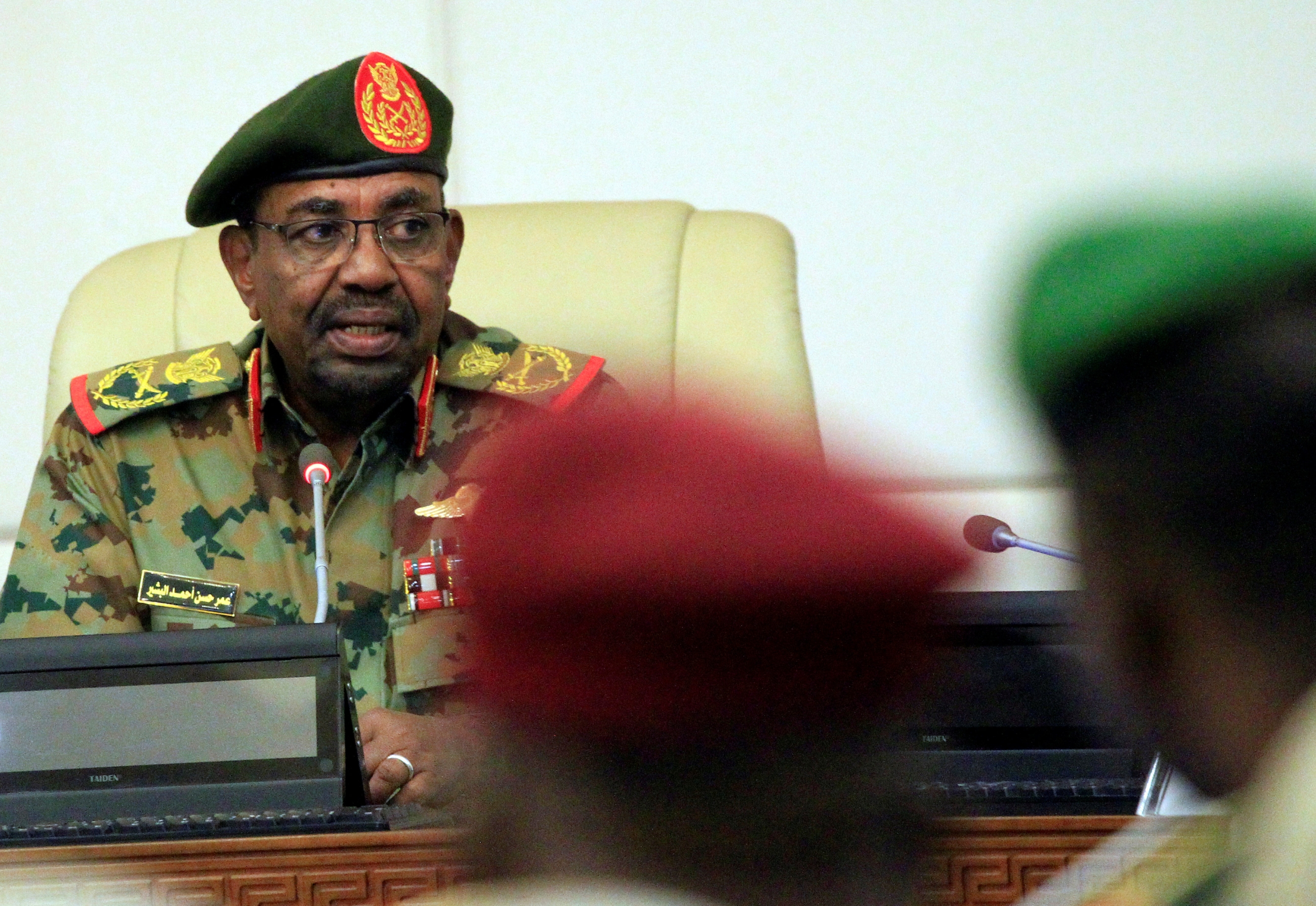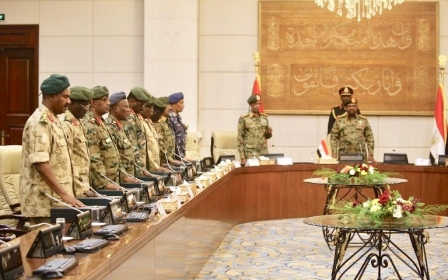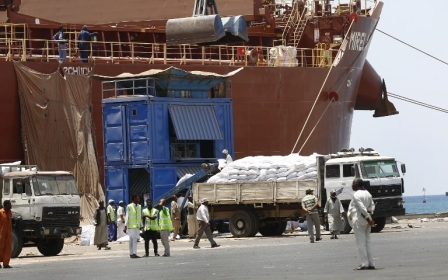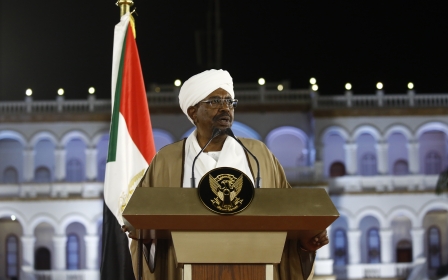Sudan's president bans public gatherings in face of sustained anti-government protests

Sudanese President Omar al-Bashir has banned unlicensed demonstrations and public gatherings in a sweeping decree after weeks of sustained protests against his rule.
The order, which also introduces trade regulations to address the country's economic crisis, was issued on Monday, days after Bashir declared a country-wide, year-long state of emergency.
Bashir also dismissed the cabinet and dissolved state governments on Friday, later appointing a new prime minister and military officers as regional governors.
Monday's presidential order gives security forces the authority to search buildings and people without a warrant. It also prohibits blocking roads, insulting national symbols and going on strike in order to obstruct the work of public institutions.
Moreover, the decree bans "preparing, publishing or circulating" news that harms the state.
The Sudanese Professionals Association (SPA), an umbrella of labour groups that have led the demonstrations, appeared defiant in face of the latest decree on Monday.
"We are calling on our people in the capital, across all states, towns and villages to take to the streets now to express their rejection of the new emergency measures announced by the chief of the regime," the association said, according to AFP news agency.
Sudan has witnessed almost daily anti-government demonstrations since 19 December, when protesters first took to the streets in anger over an increase in bread prices.
The rallies have since evolved into a widespread call for Bashir to step down.
On Friday, SPA pledged to continue protesting despite the state of emergency. And on Sunday, hundreds of people rallied against that order.
Bashir has so far resisted the protesters' demand that he resign, however, accusing foreign agents of spurring discontent and insisting that political change can only come through the ballot box.
In fact, on Friday, the president vowed to remain in power until the end of his term in 2020 and to oversee next year's election.
His government's response to the protests has been harshly criticised, with human rights groups accusing the Sudanese authorities of arresting more than 1,000 people, including anti-government activists, opposition leaders, journalists and others.
Human rights groups also say that 51 people have been killed amid the ongoing demonstrations, while Sudanese officials put the death toll at 31.
Monday's decree also mandates that all financial transactions in the country must be made using the Sudanese pound.
It also prohibits people from leaving Sudan by land, air or sea with more than $3,000 on them and bans the sale of subsidised fuel products without a license from the authorities.
Middle East Eye propose une couverture et une analyse indépendantes et incomparables du Moyen-Orient, de l’Afrique du Nord et d’autres régions du monde. Pour en savoir plus sur la reprise de ce contenu et les frais qui s’appliquent, veuillez remplir ce formulaire [en anglais]. Pour en savoir plus sur MEE, cliquez ici [en anglais].




